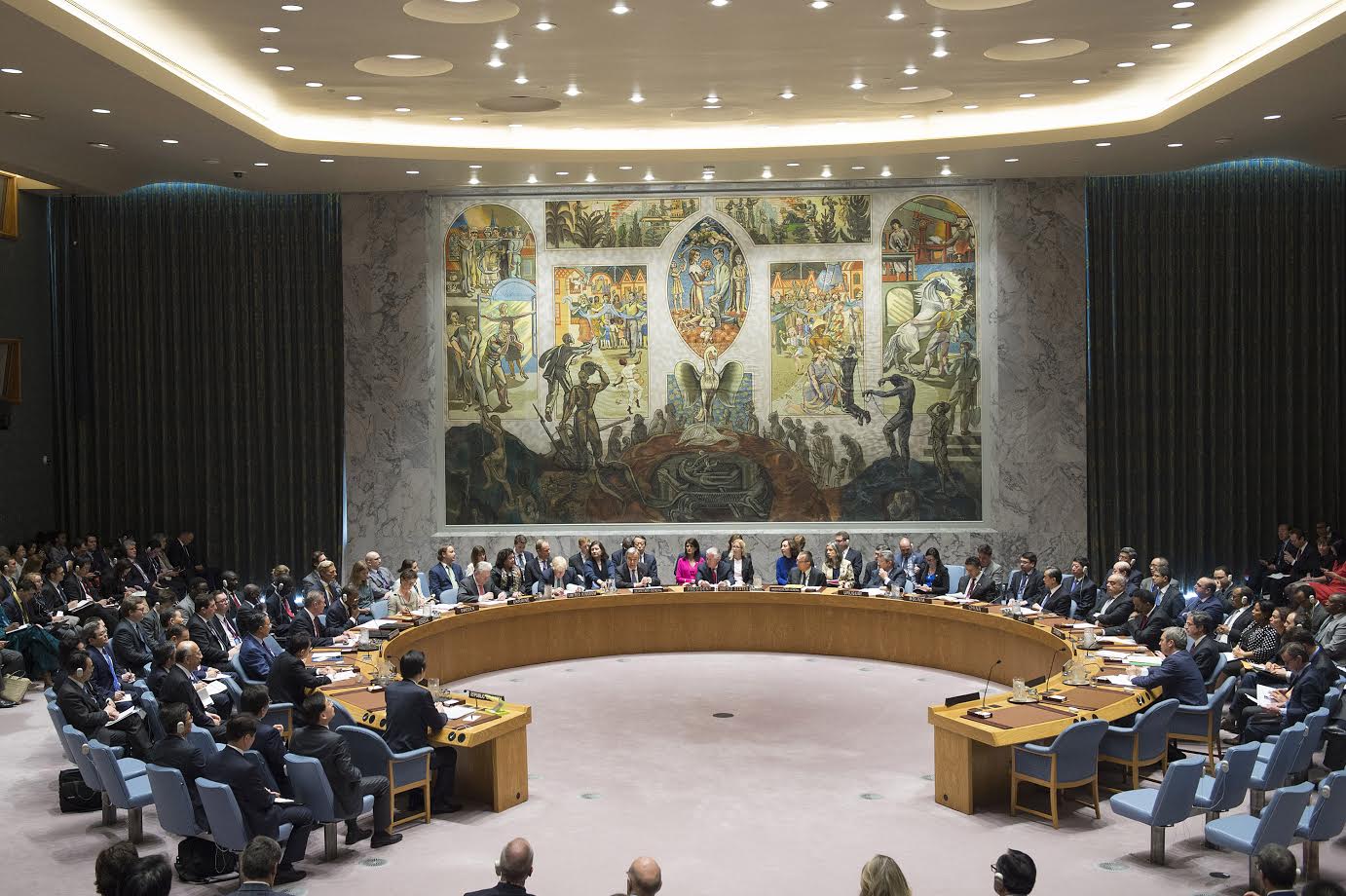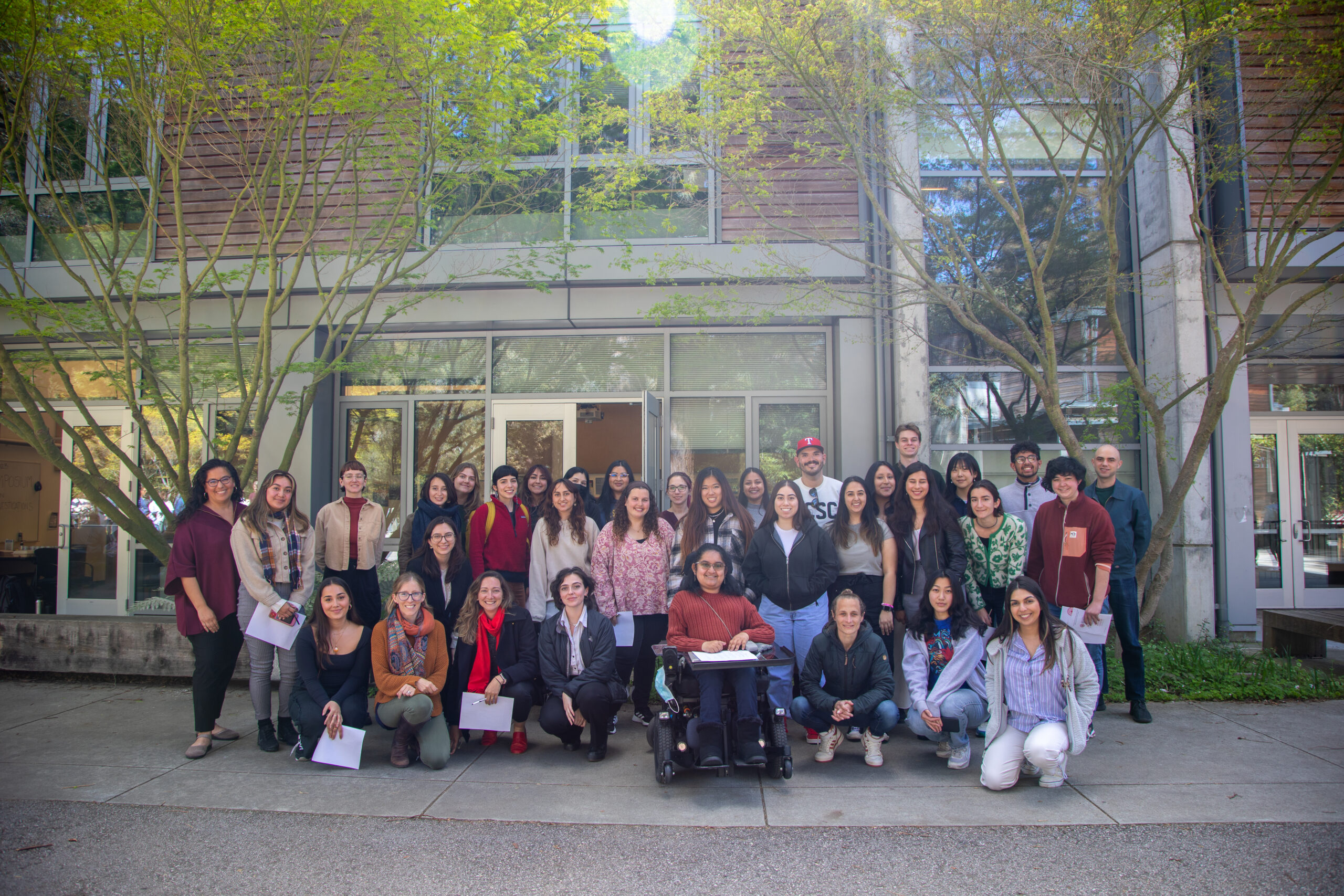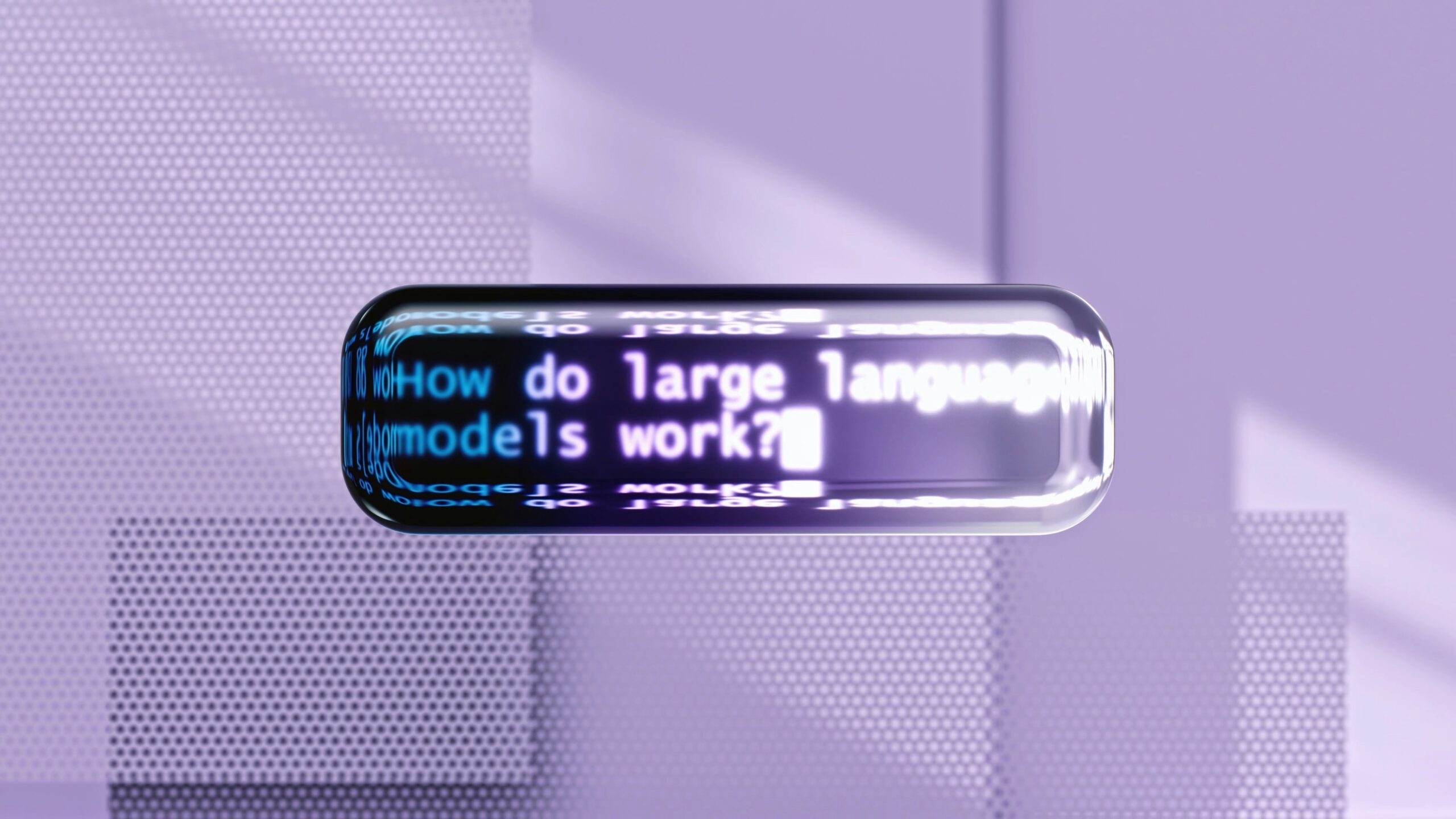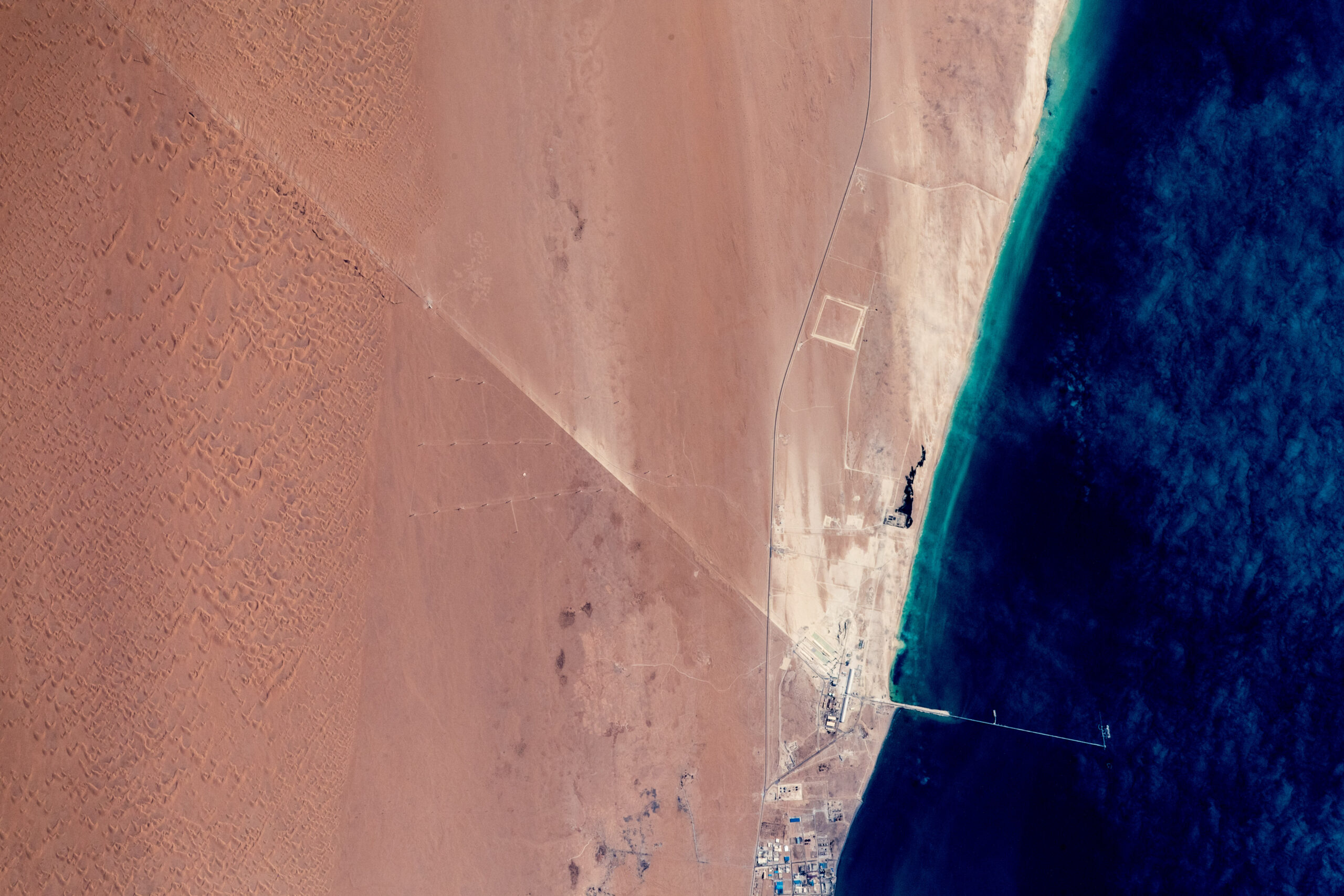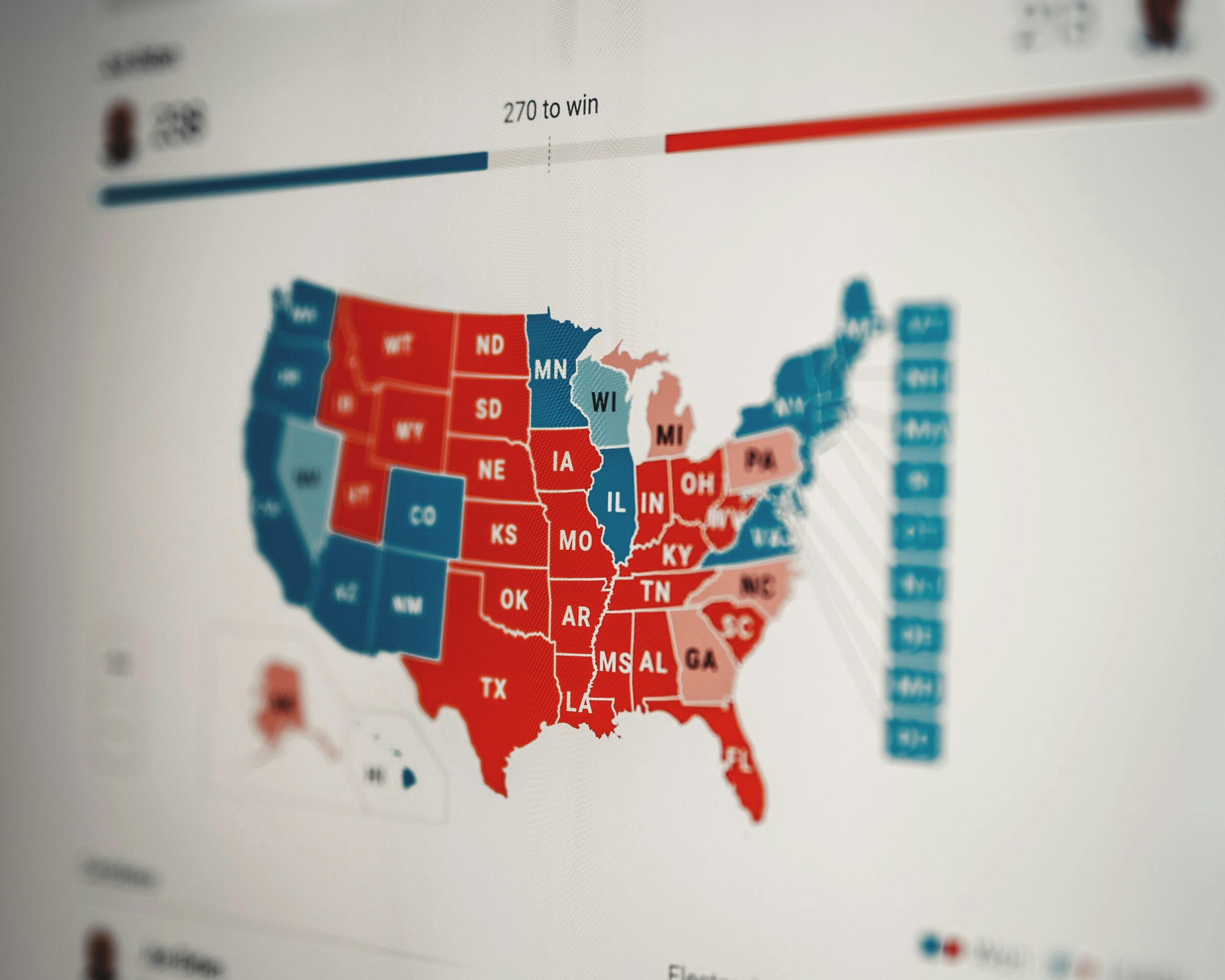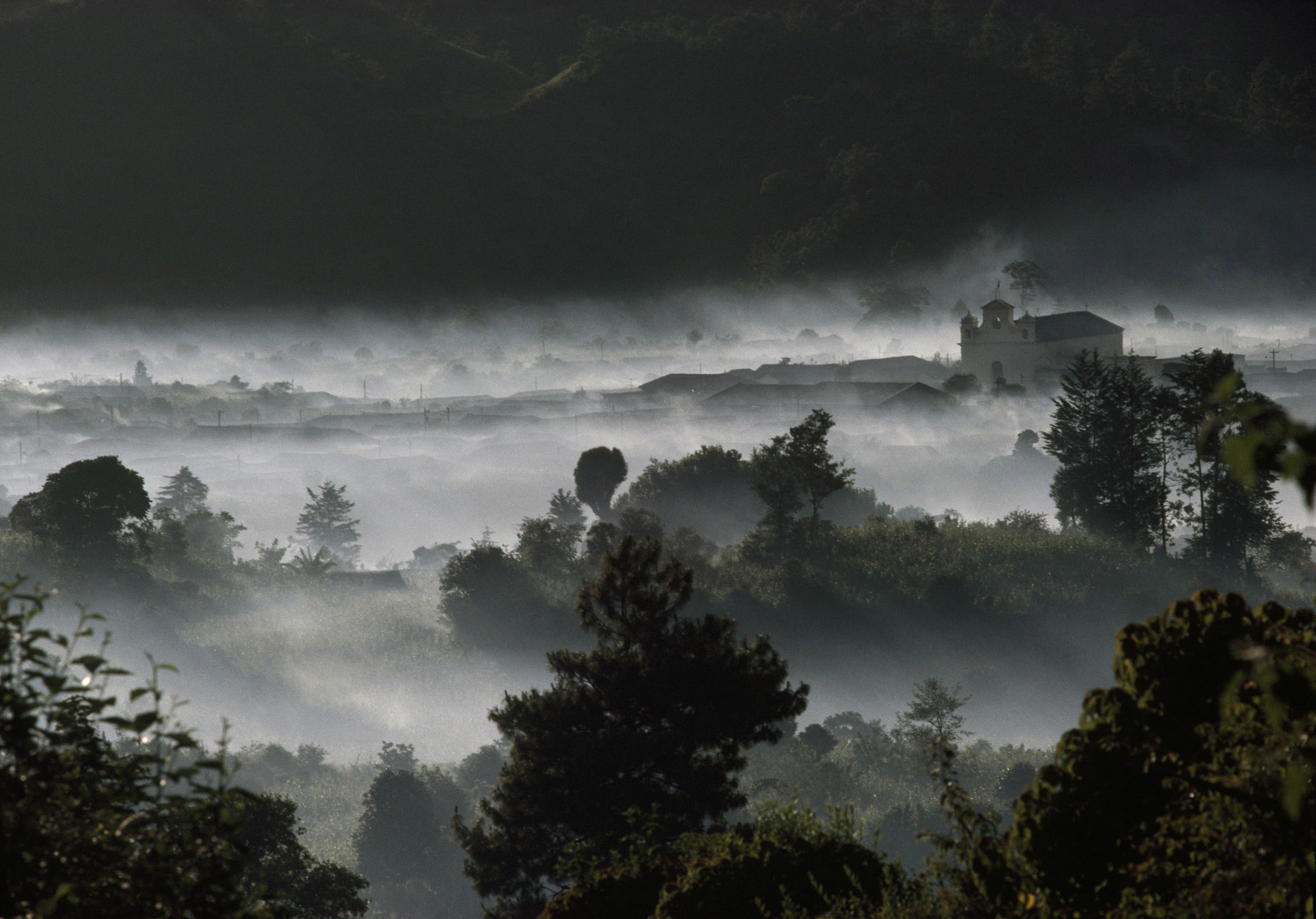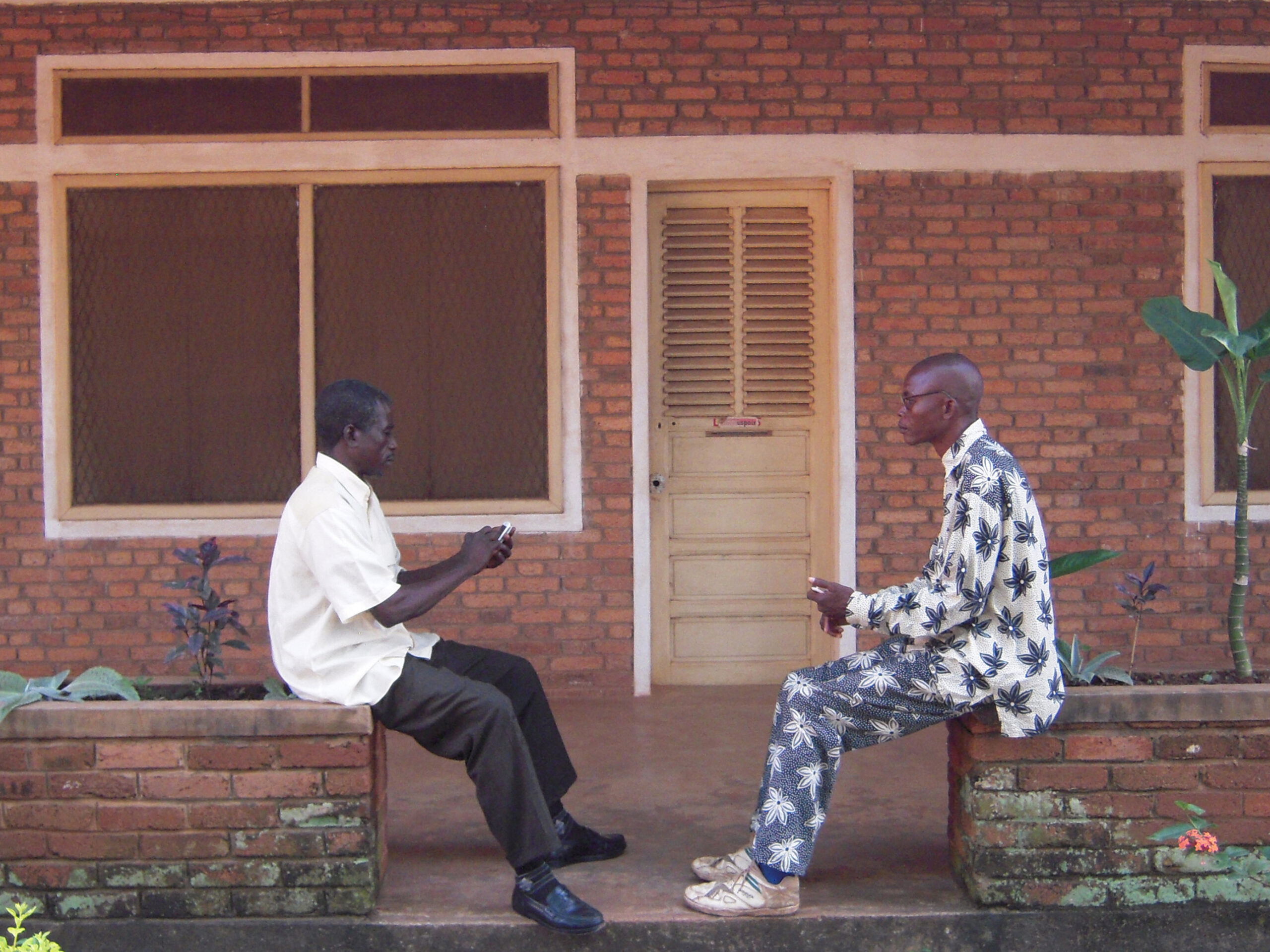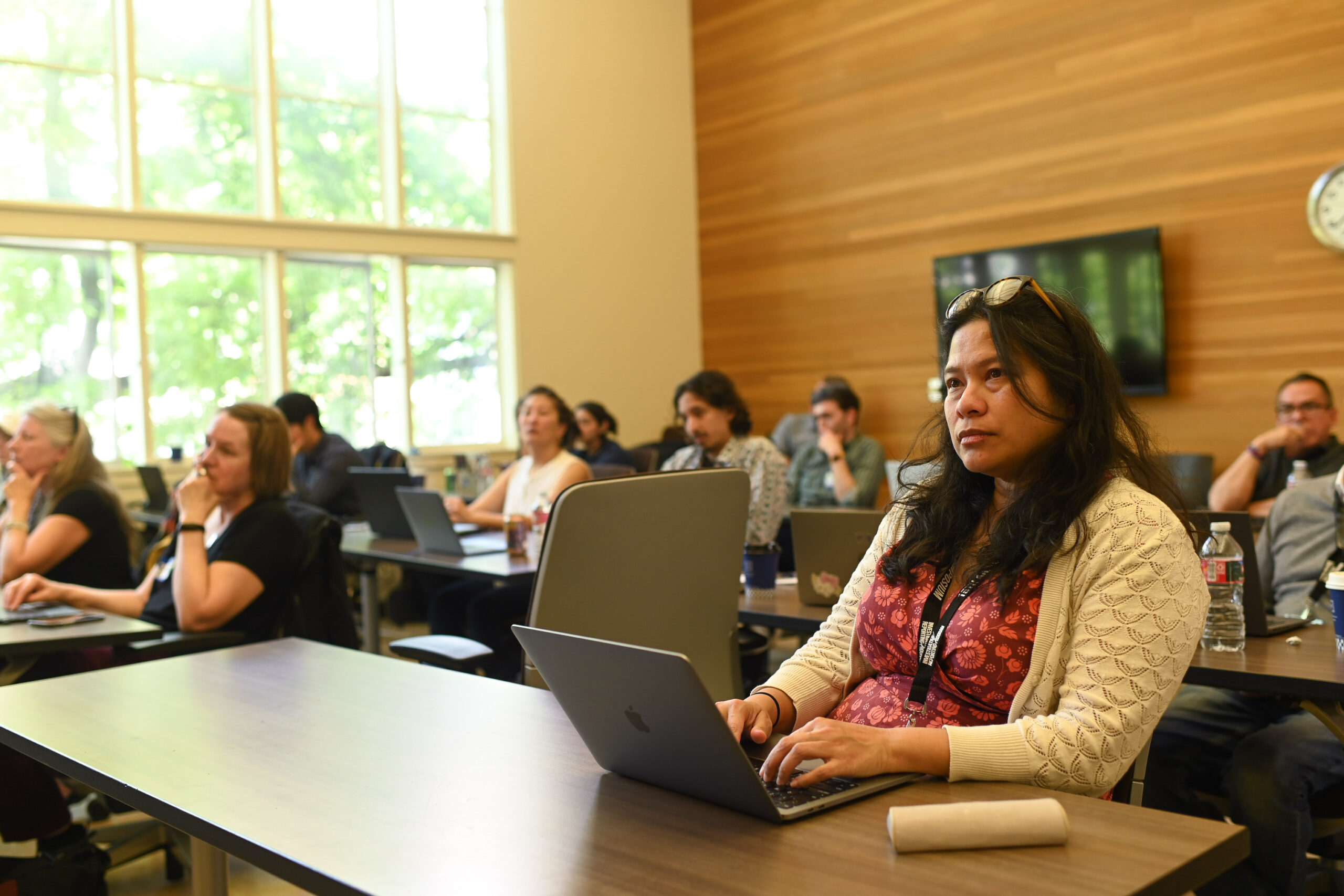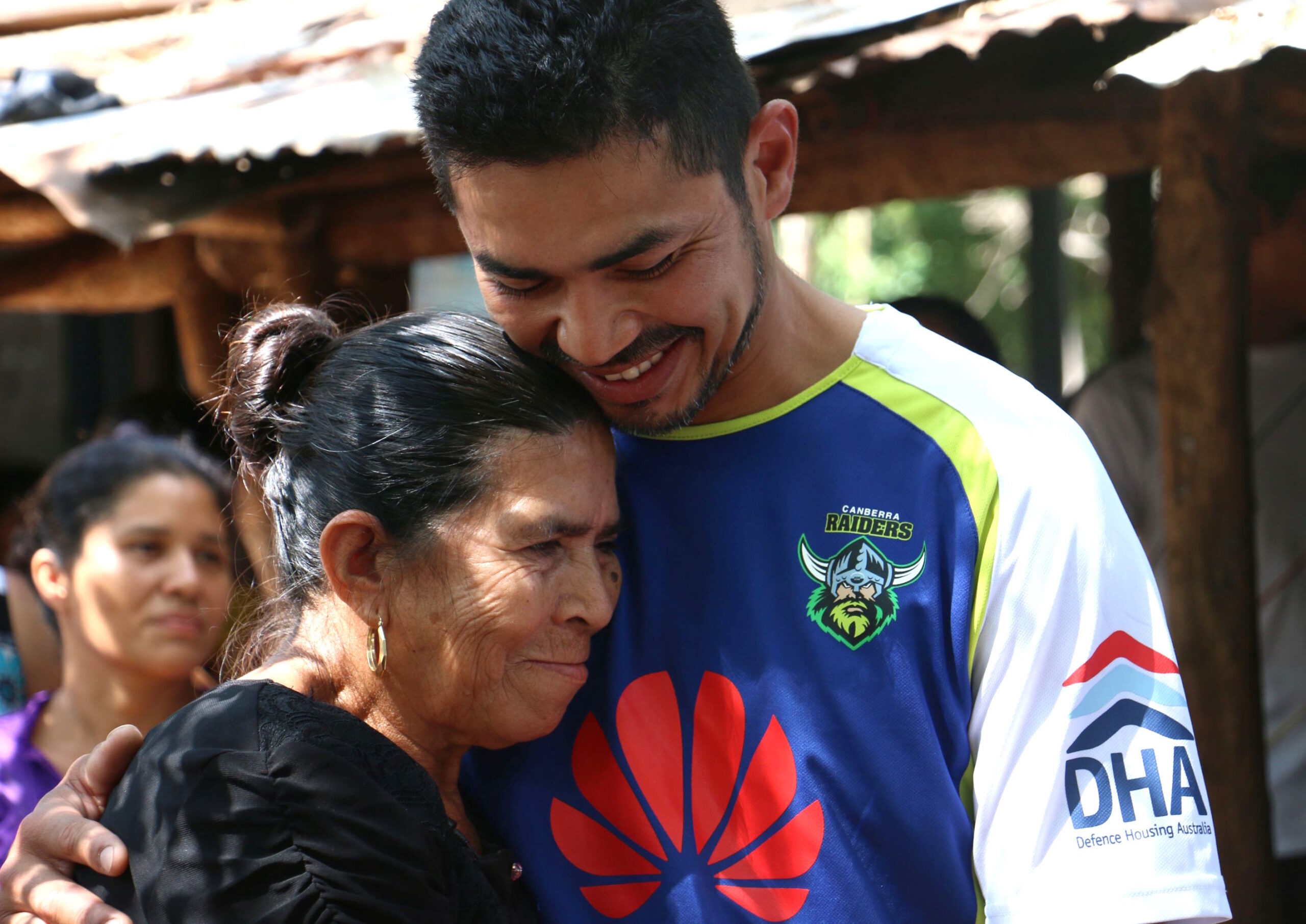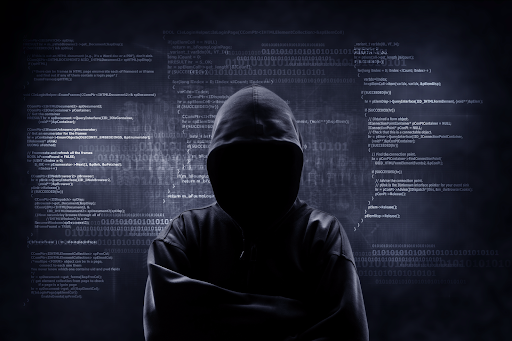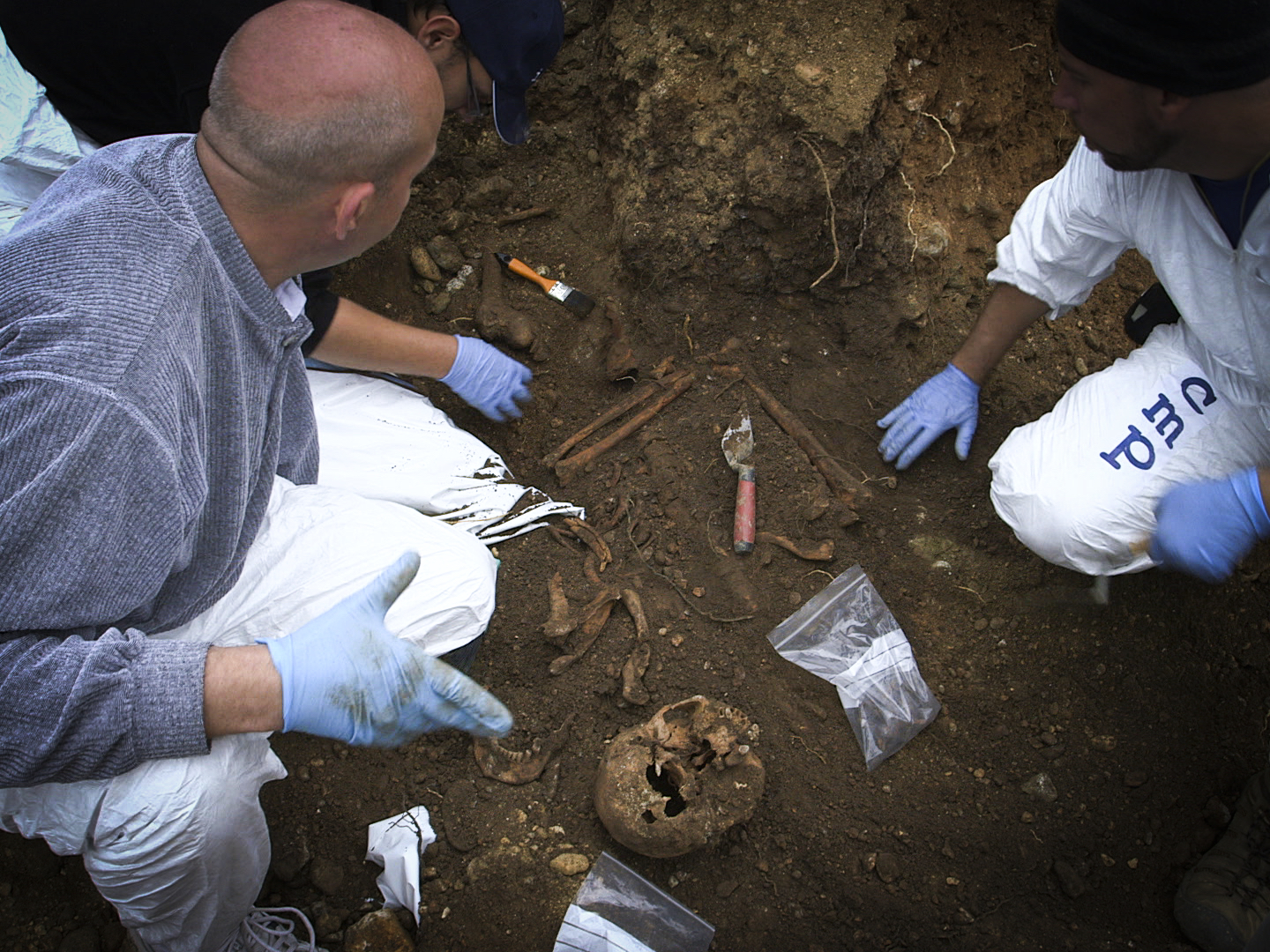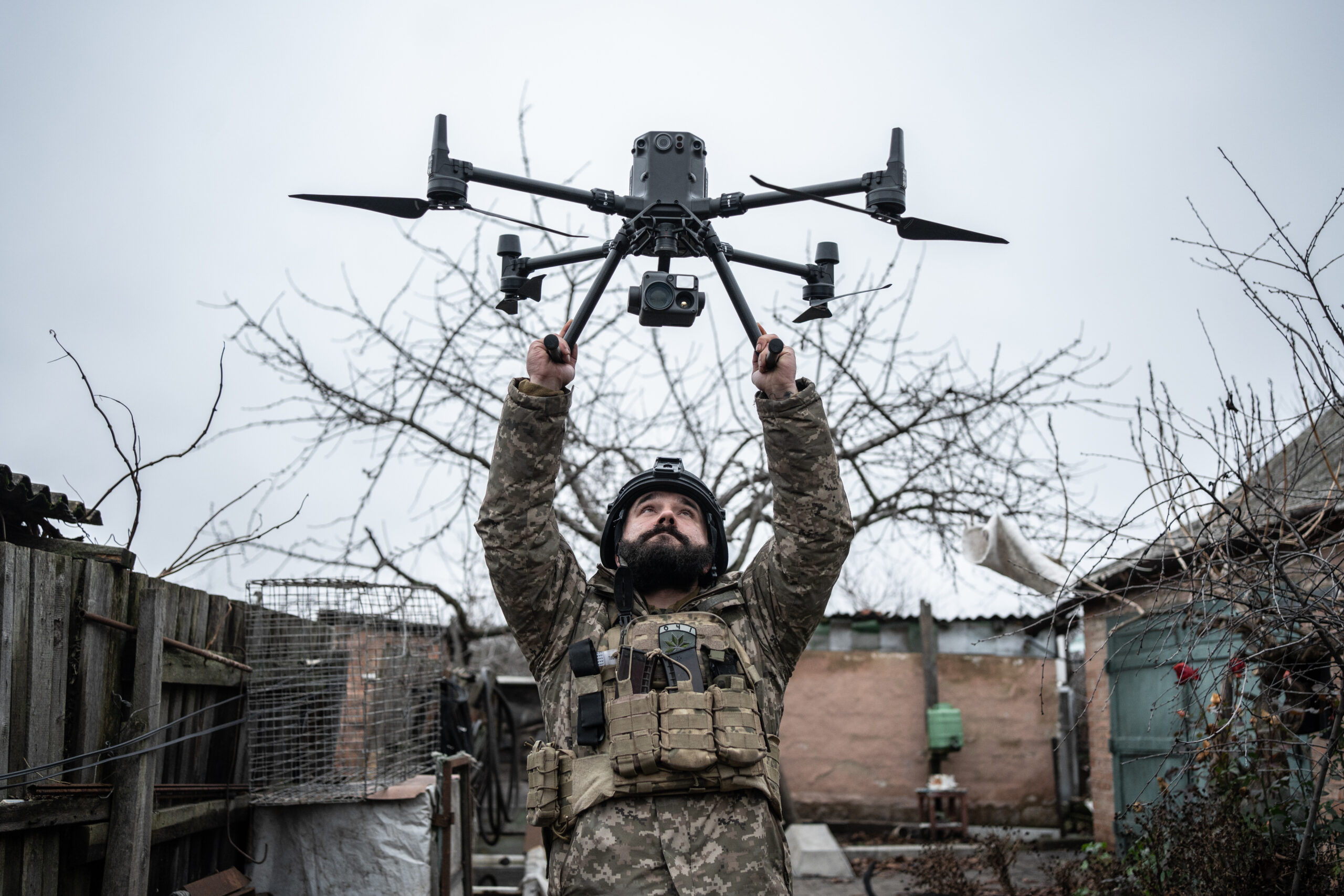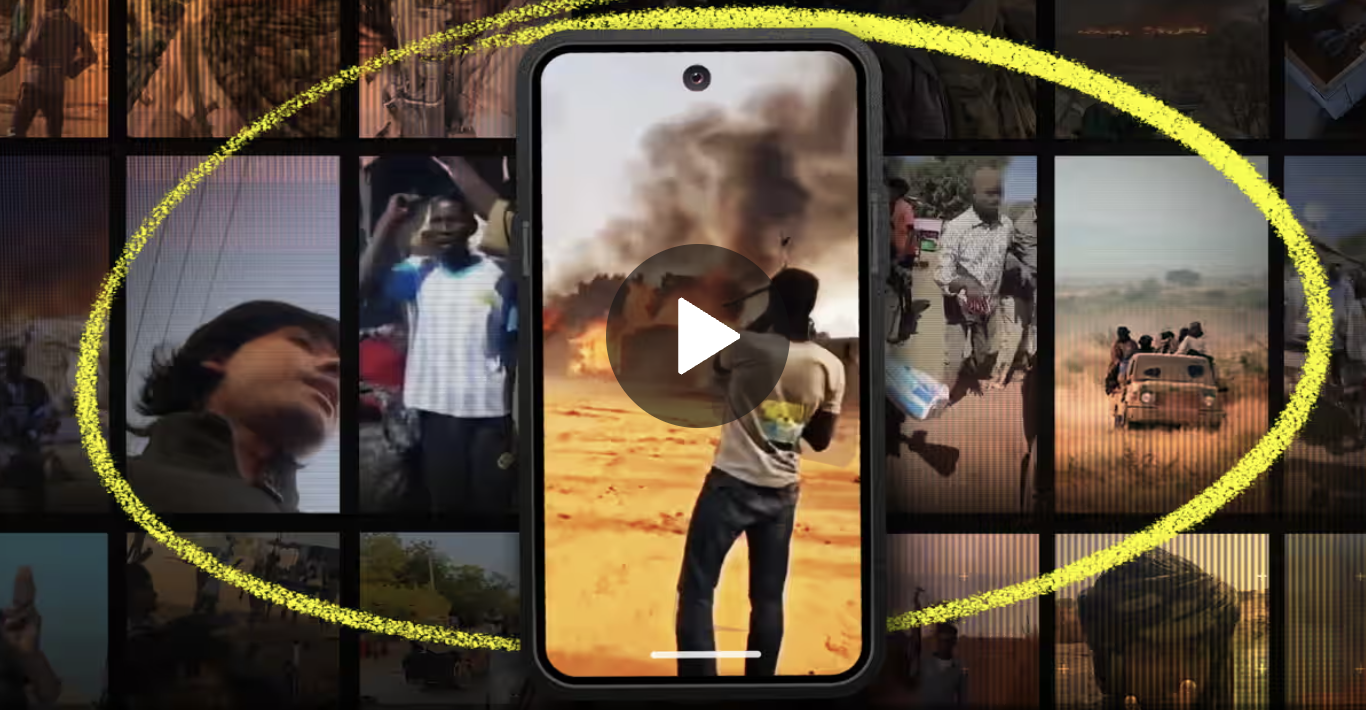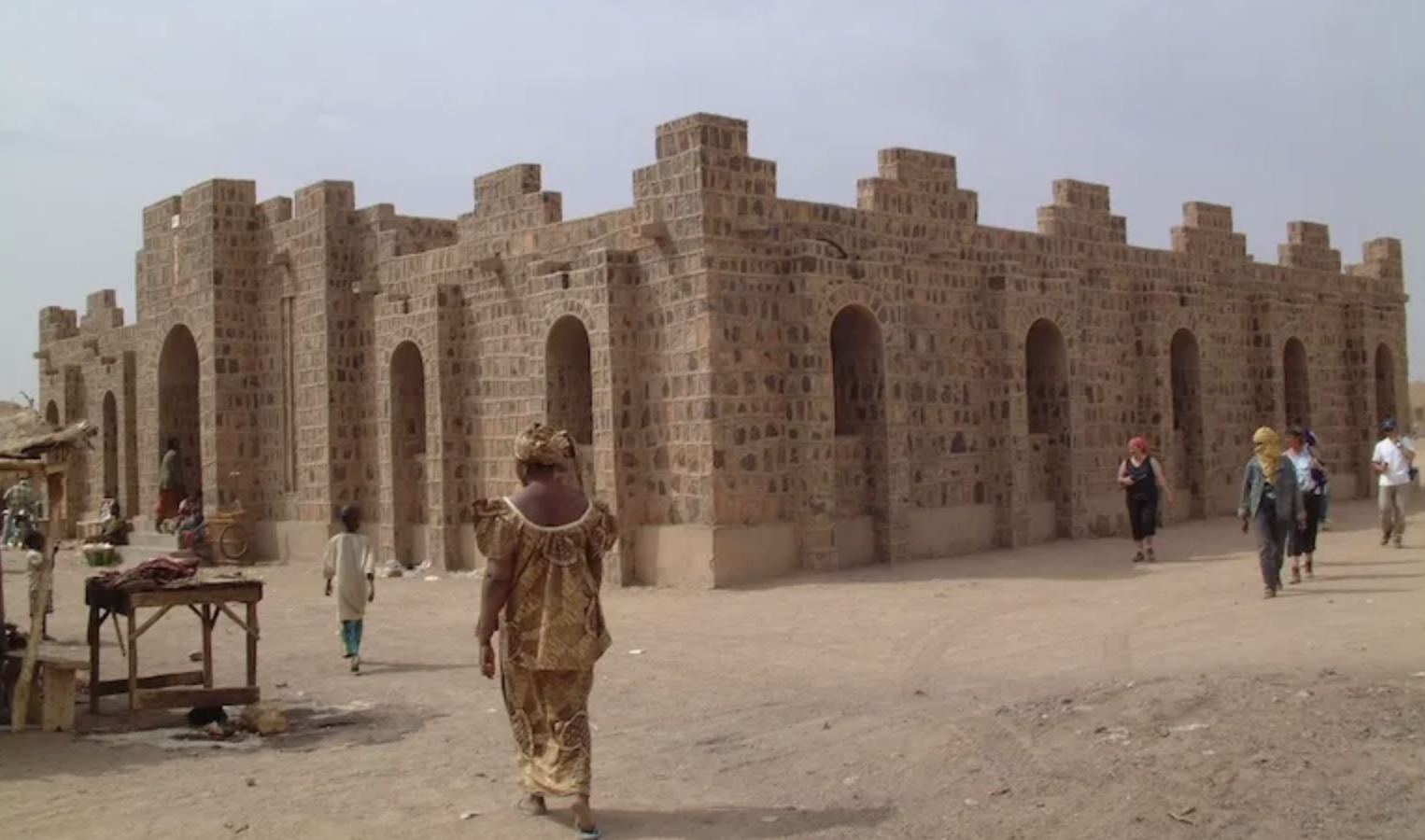DNA to Digital: Using the latest scientific advancements to reunite families and hold perpetrators accountable
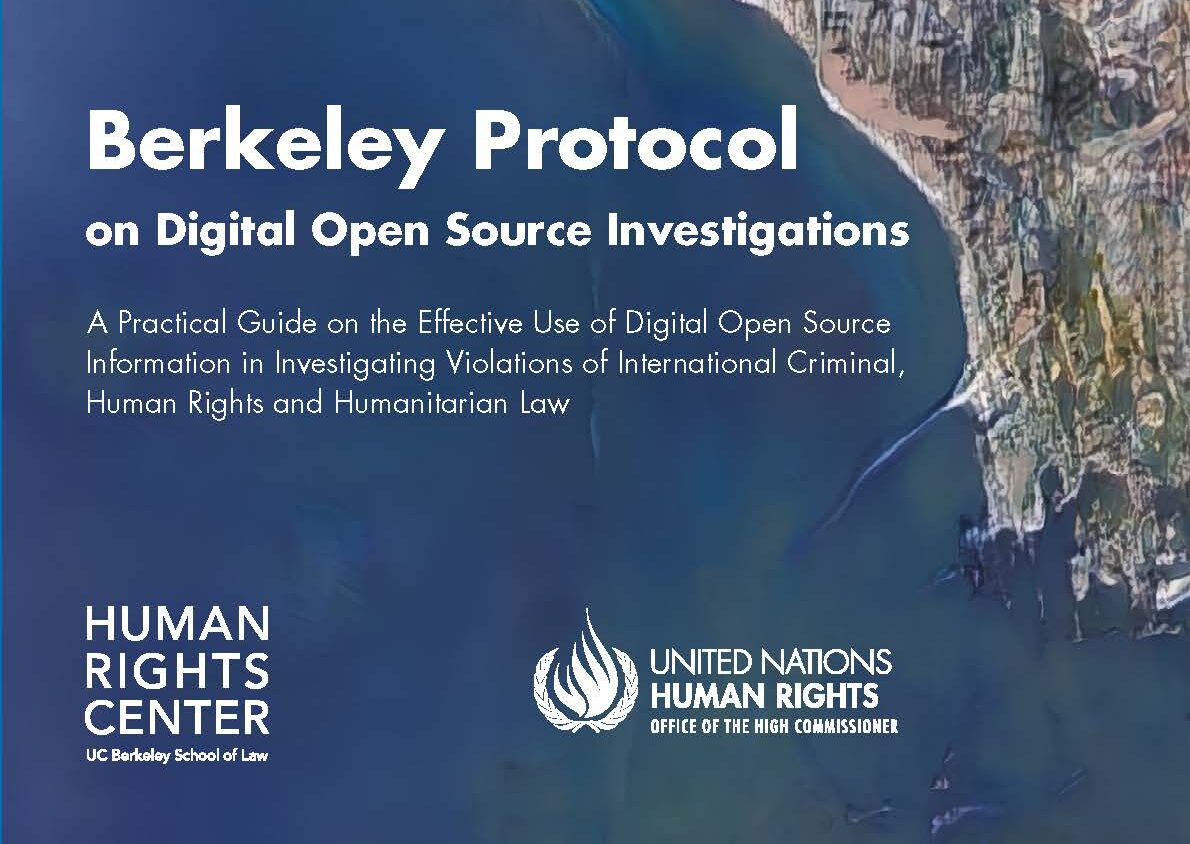
Convening the Human Rights Community on Emerging Technologies
HRC hosted the 2017 Bellagio Workshop on Open Source Investigations at the Rockefeller Foundation Bellagio Center in Italy to develop a common language between legal investigators, journalists, and civil society investigators on digital open source investigations and information collection for legal accountability. The Bellagio workshop led directly to the development of the Berkeley Protocol on Digital Open Source Investigations.
HRC and the Open Society Justice Initiative hosted an international conference held in September 2014 in Salzburg, Austria, in collaboration with the ICC’s Office of the Prosecutor and the Salzburg Global Seminar. Workshop participants discussed how local and international NGOs, journalists, forensic scientists, health professionals, and other “first responders” to war crimes and human violations can most effectively work with international courts in the collection of evidence of serious war crimes, such as genocide and crimes against humanity.
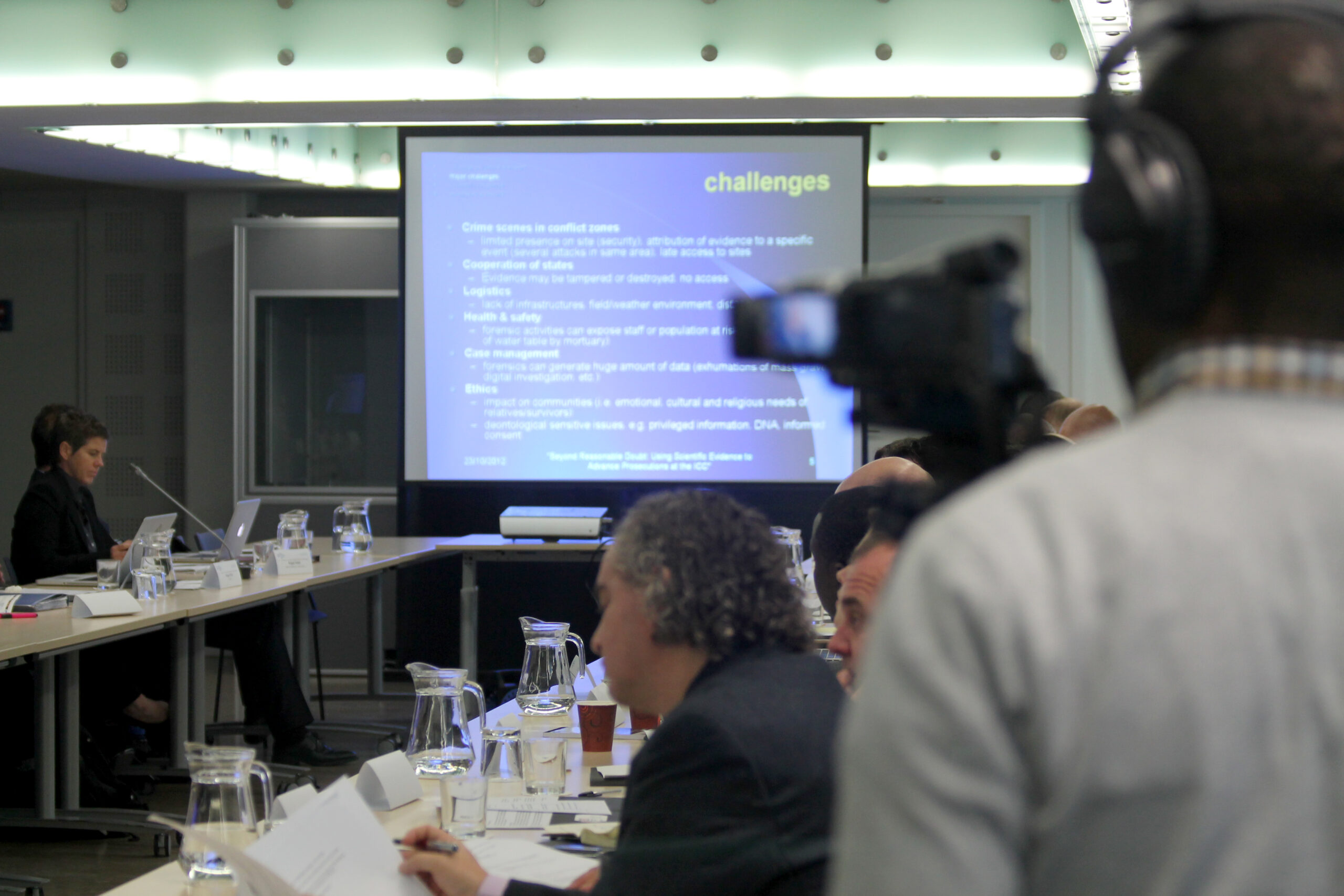
HRC and the Office of the Prosecutor of the International Criminal Court convened a workshop titled Beyond Reasonable Doubt: Using Scientific Evidence to Advance Prosecutions at the International Criminal Court at The Hague in 2012. The gathering advanced discussions on how the ICC could improve its use of scientific evidence, and the potential for future coordination and collaboration between the Court and nongovernmental organizations, the United Nations, and forensic and scientific institutions.
In 2009, HRC hosted one of the first workshops on digital technology and human rights, “The Soul of the New Machine: Human Rights, Technology and New Media.” This conference provided space for more than 250 leading technologists, civil society leaders, activists, and entrepreneurs to imagine, discover, share, solve, connect, and act together. The conference focused on evidence gathering and documentation, providing a framework for data collection, analysis, and distribution using mobile open source hardware, data processing and visualization software, and guidelines for fieldwork. HRC convened a second workshop, “Advancing the New Machine: A Conference on Human Rights and Technology,” in 2011 to continue discussions from the 2009 gathering.

